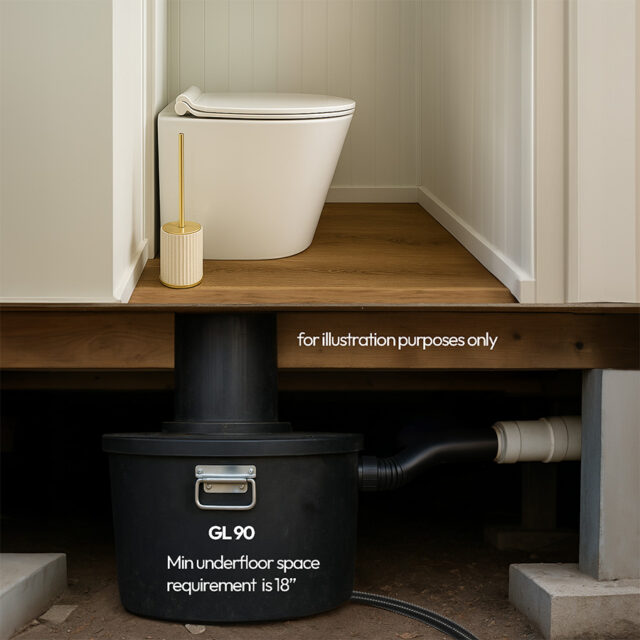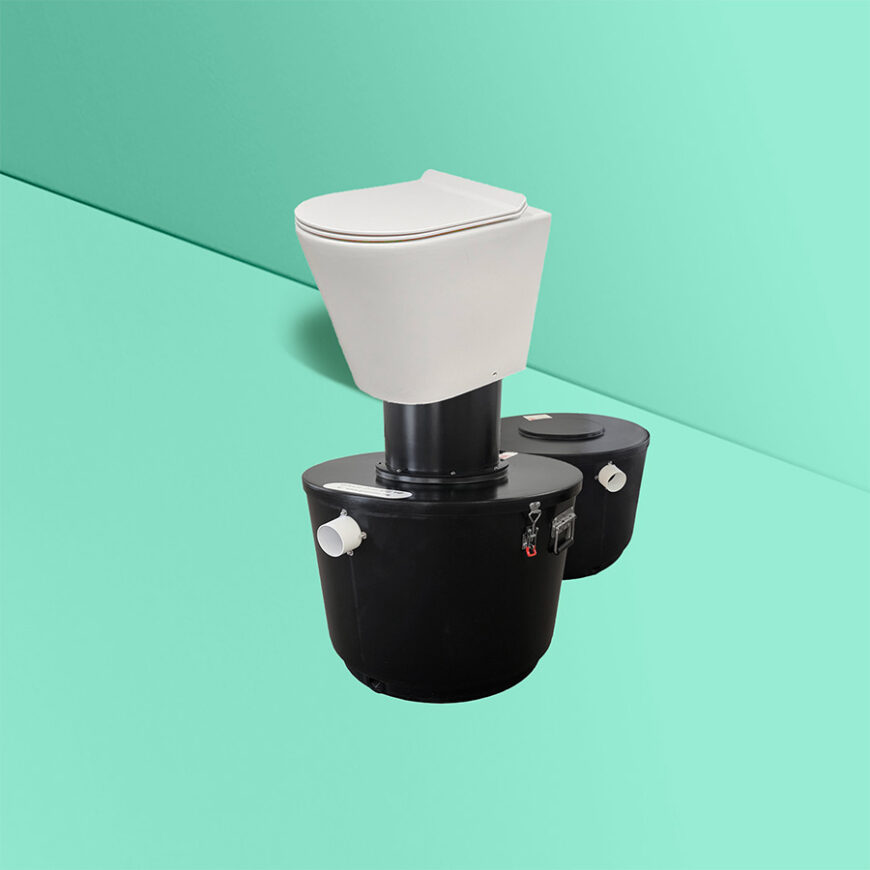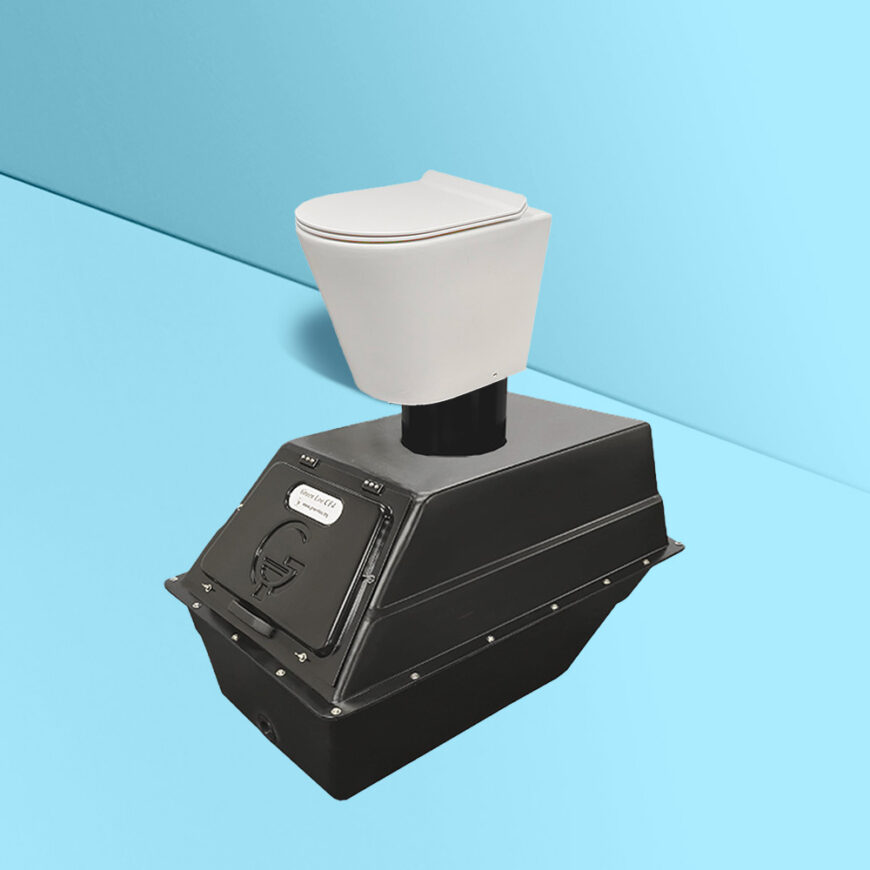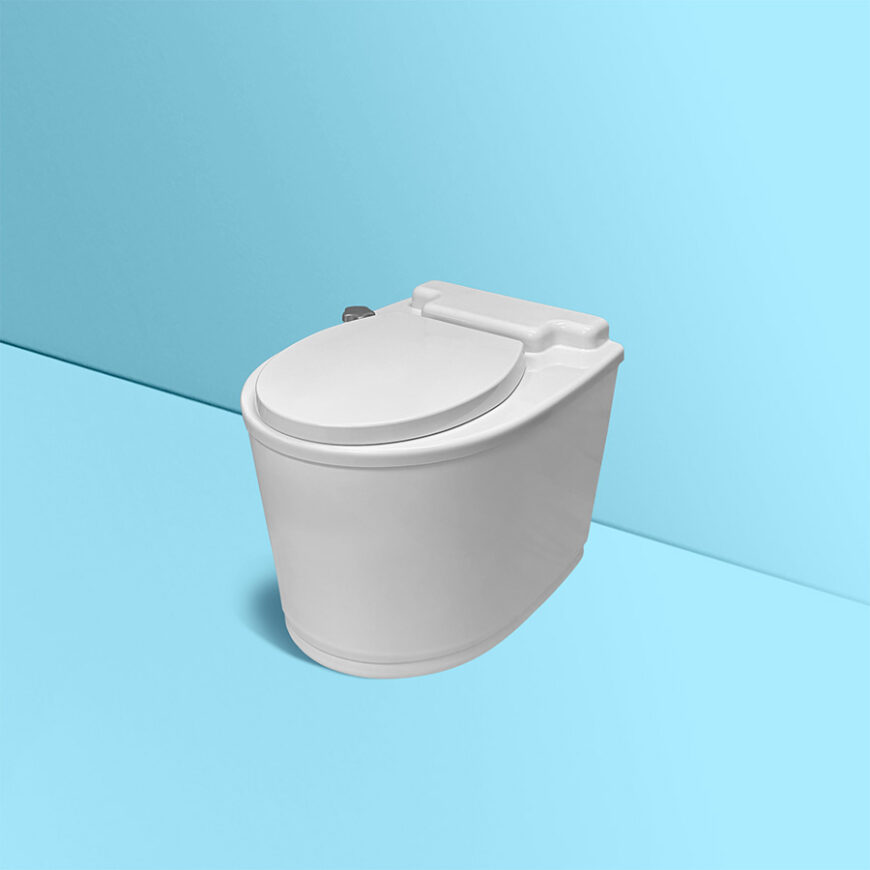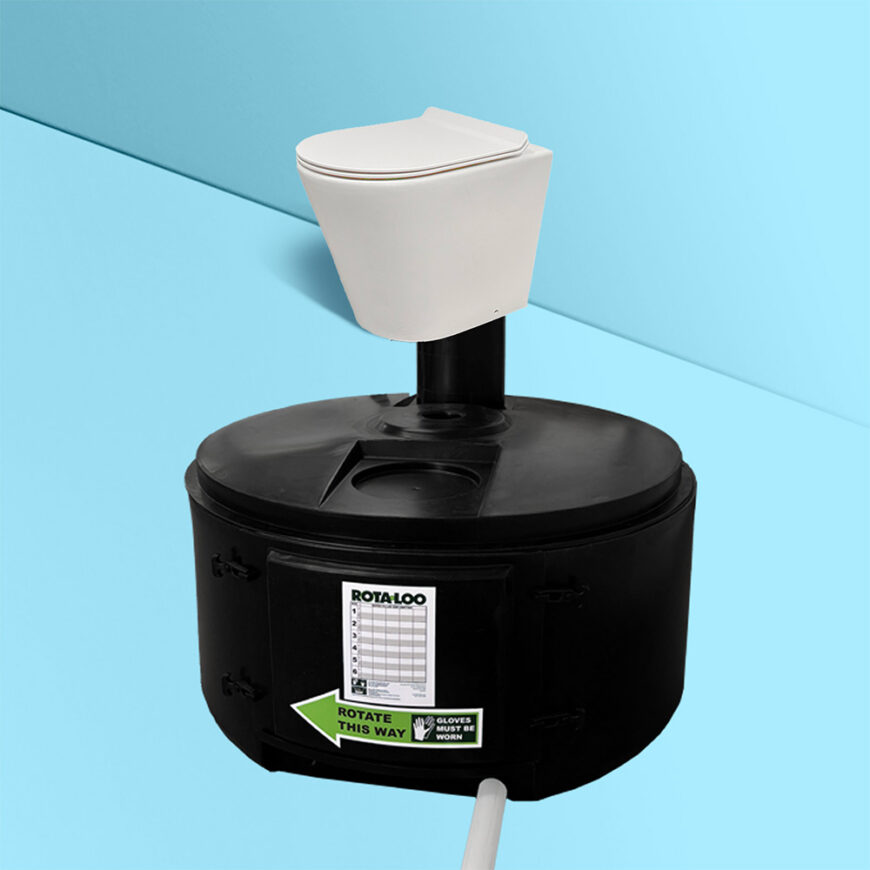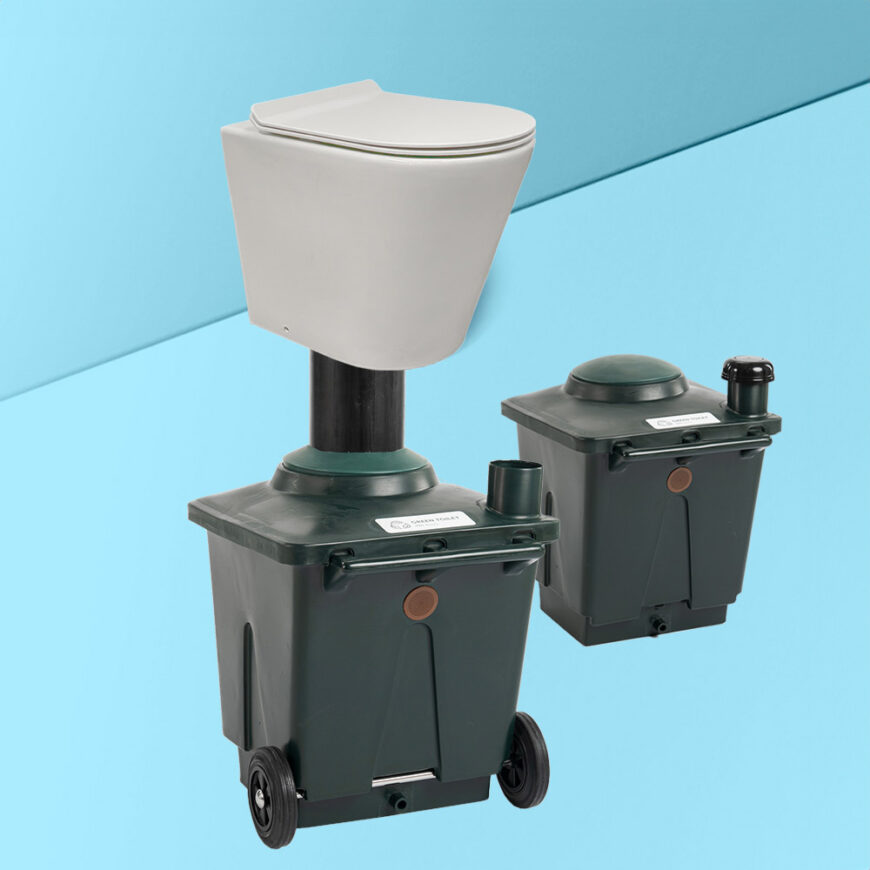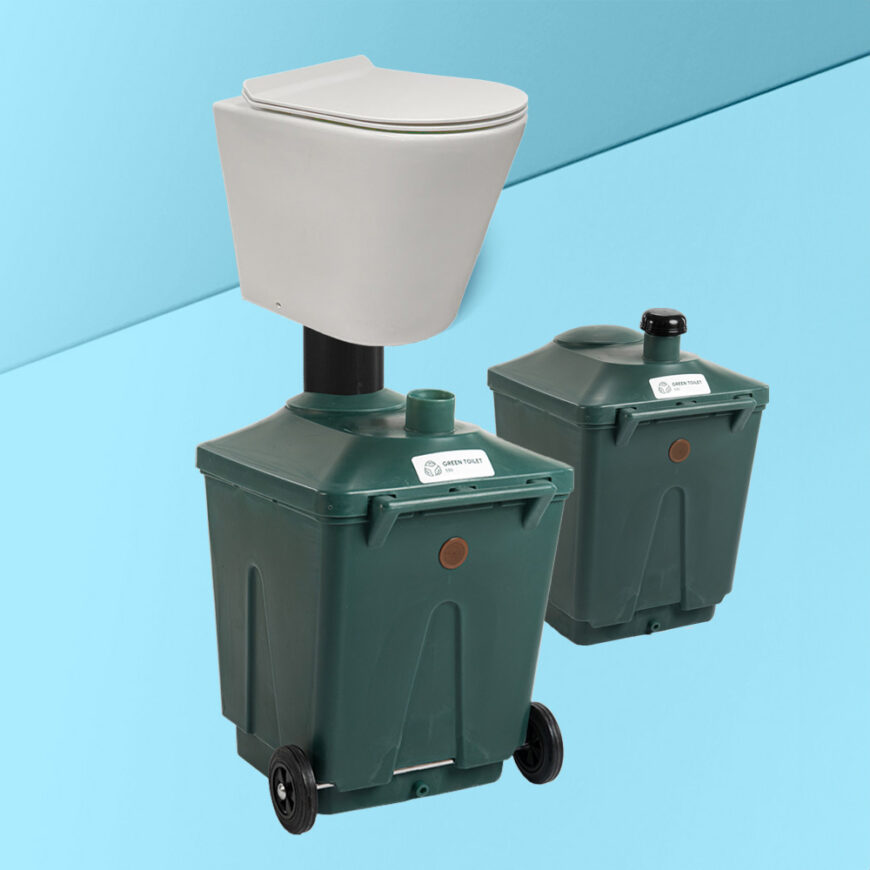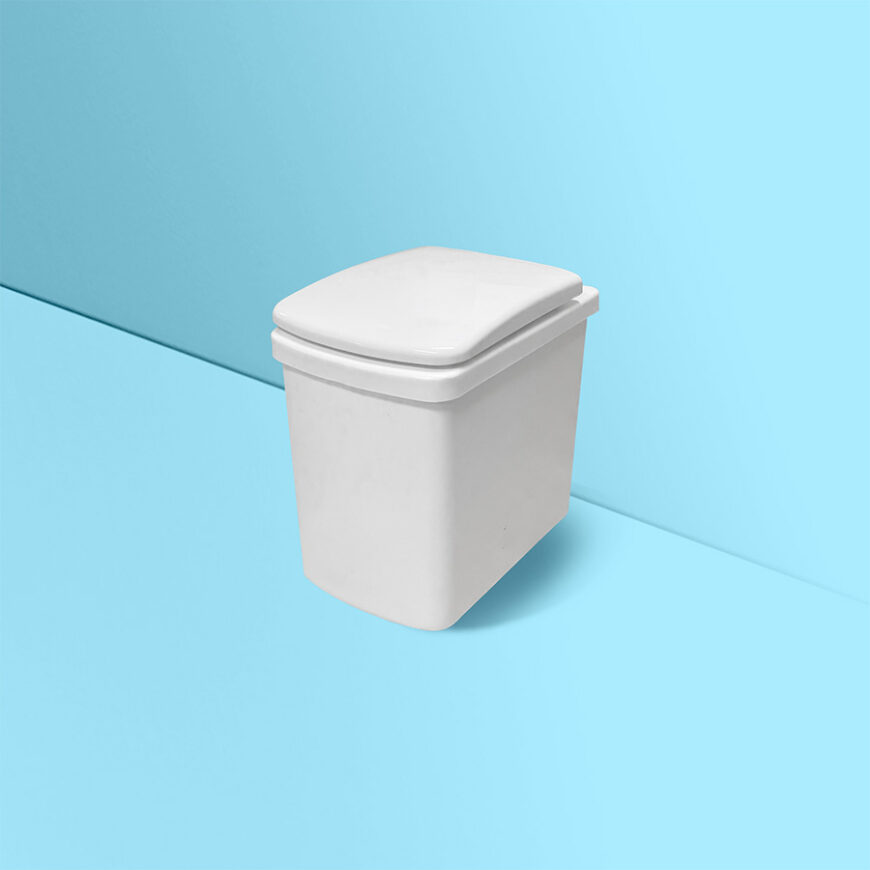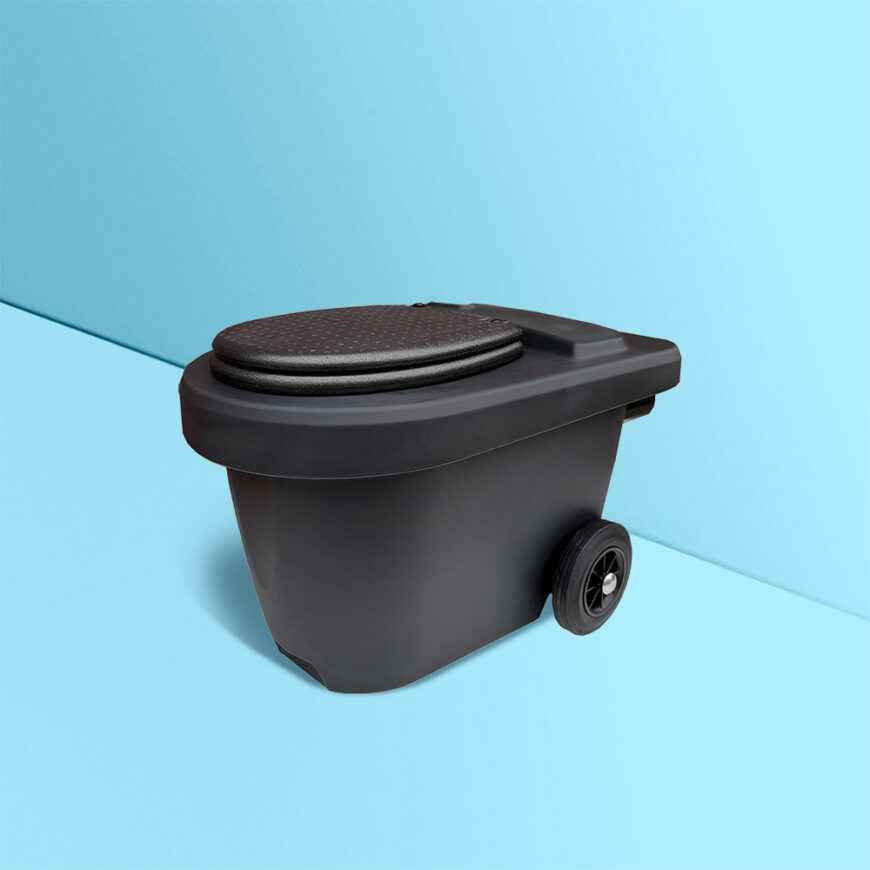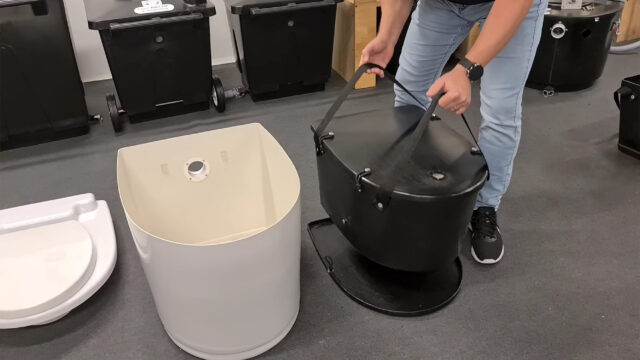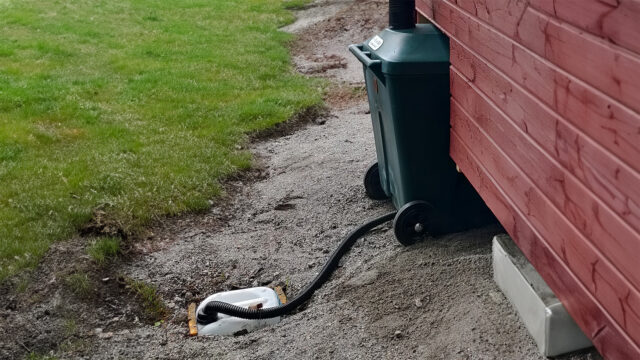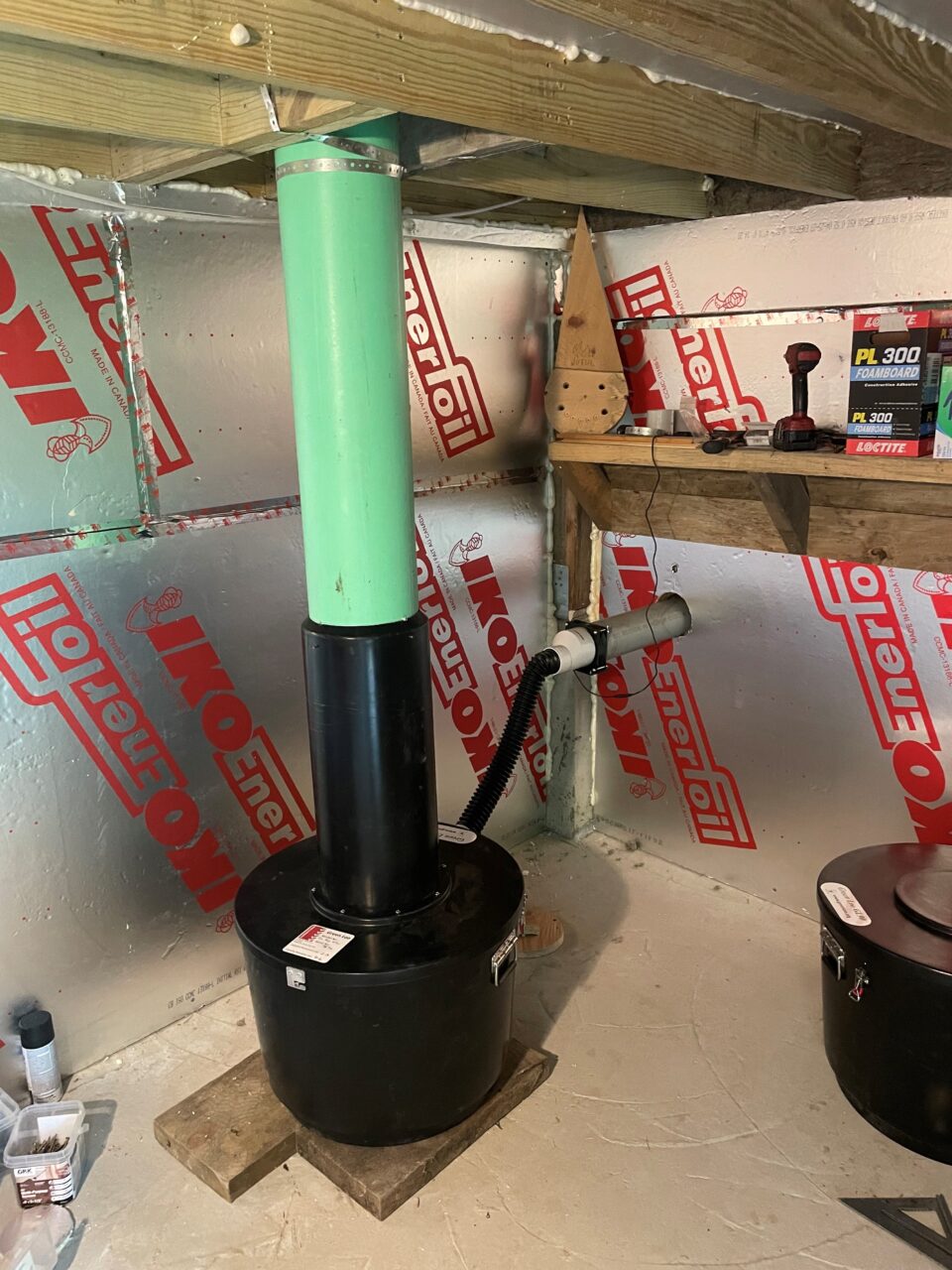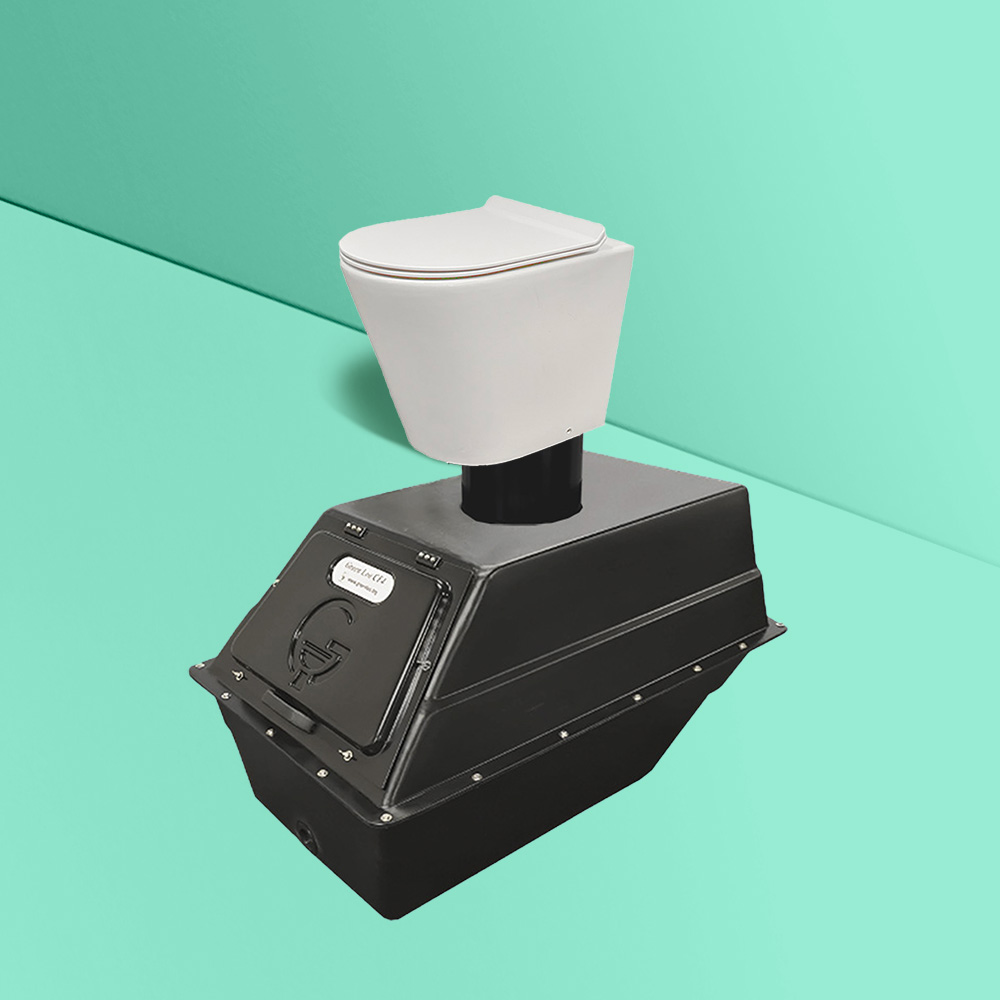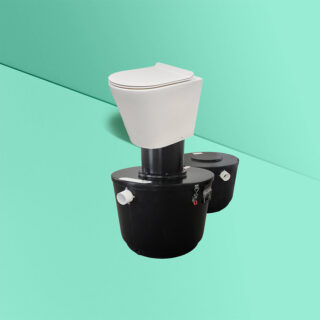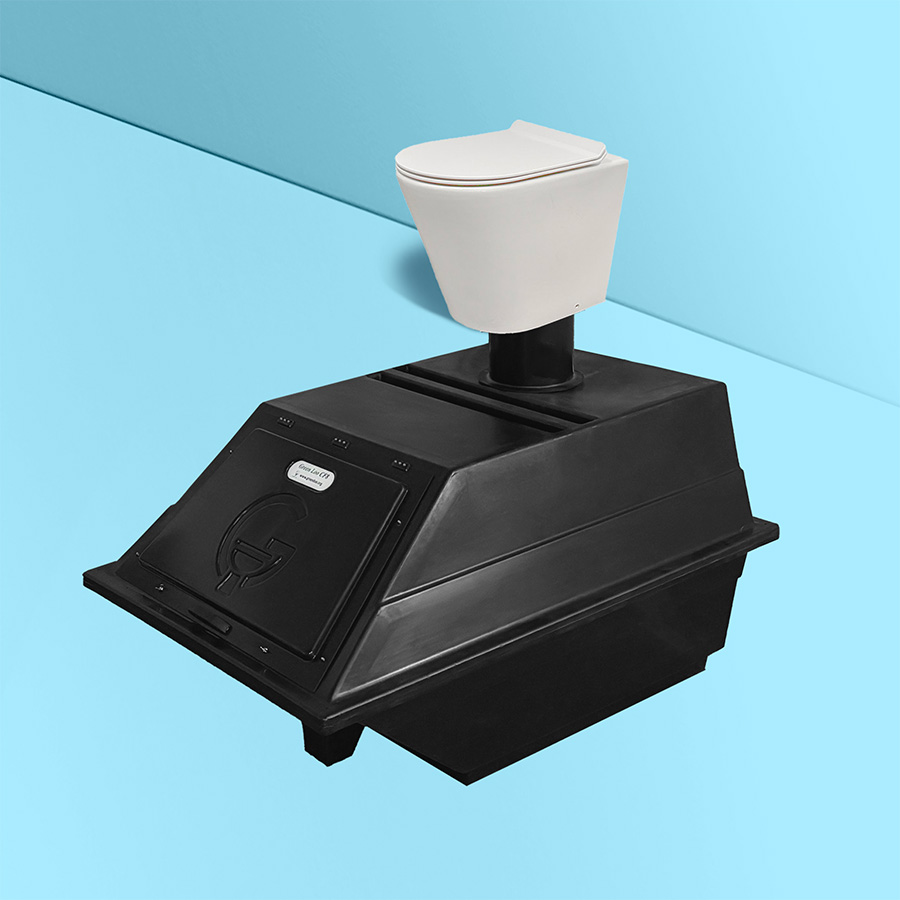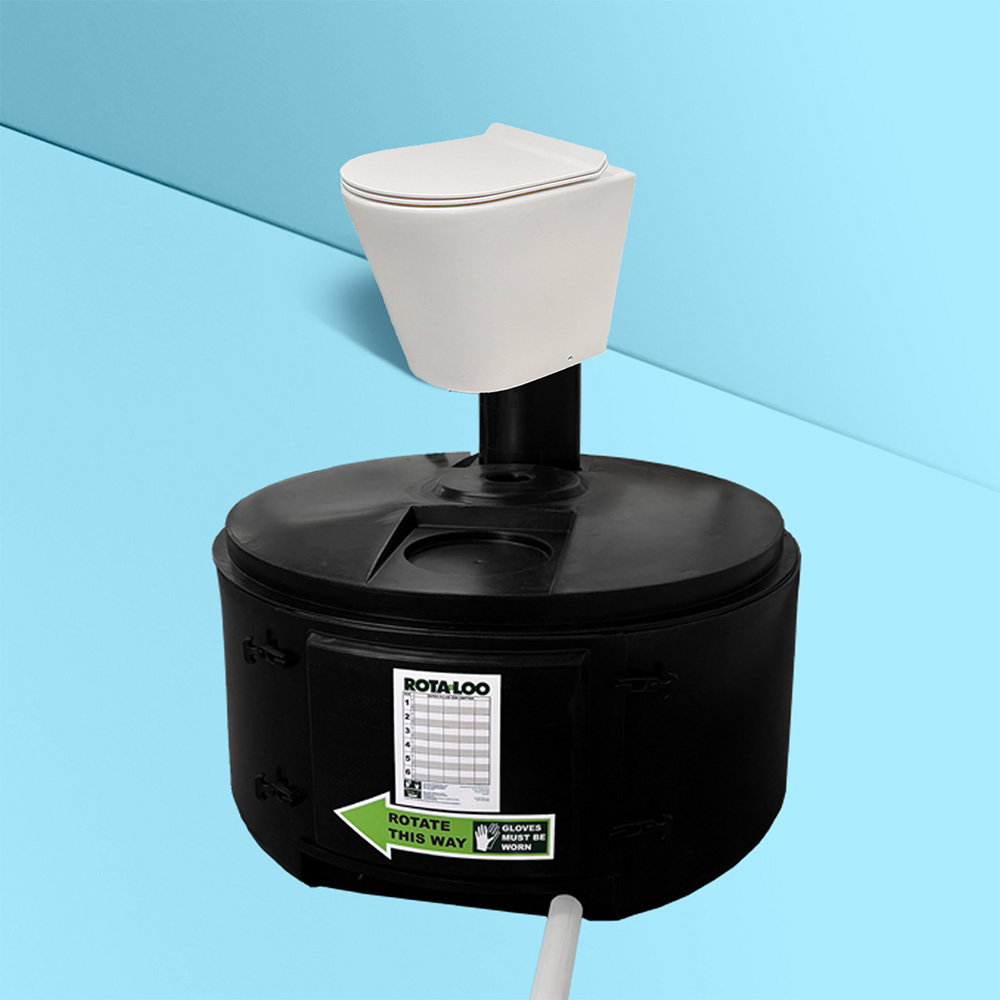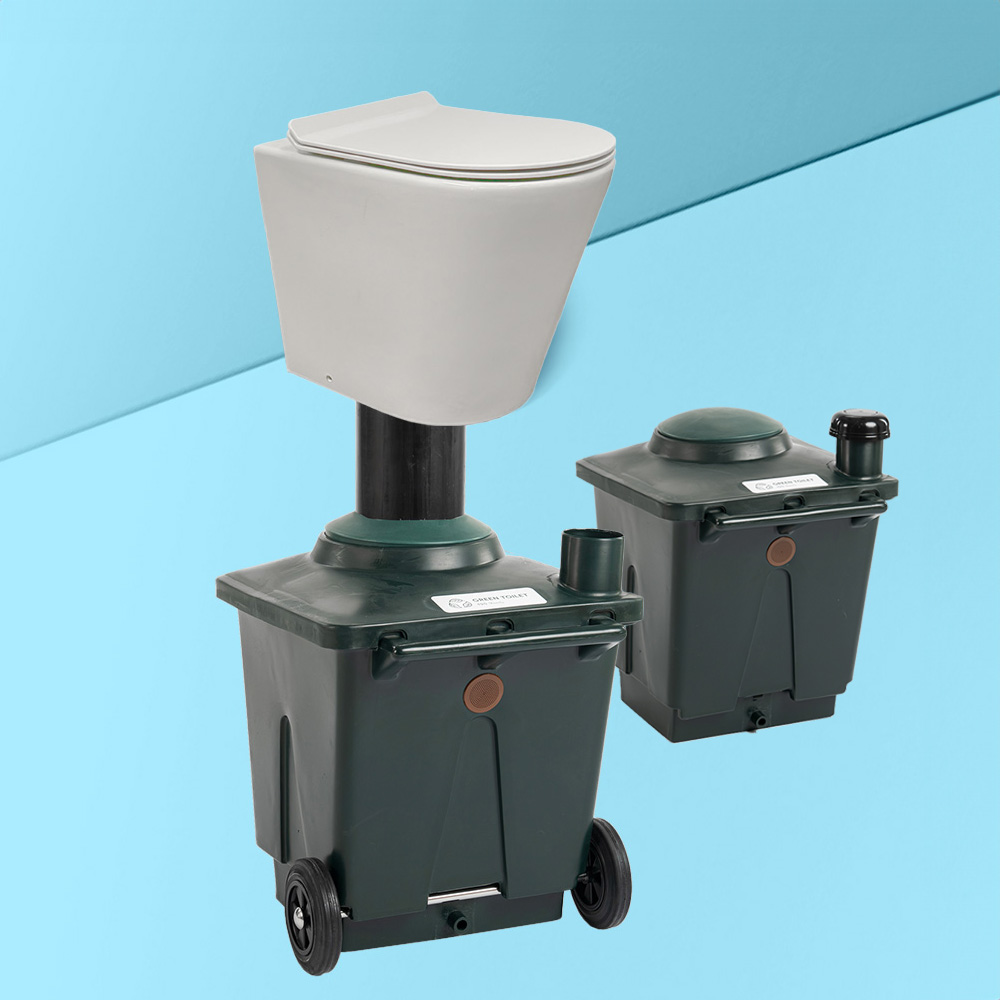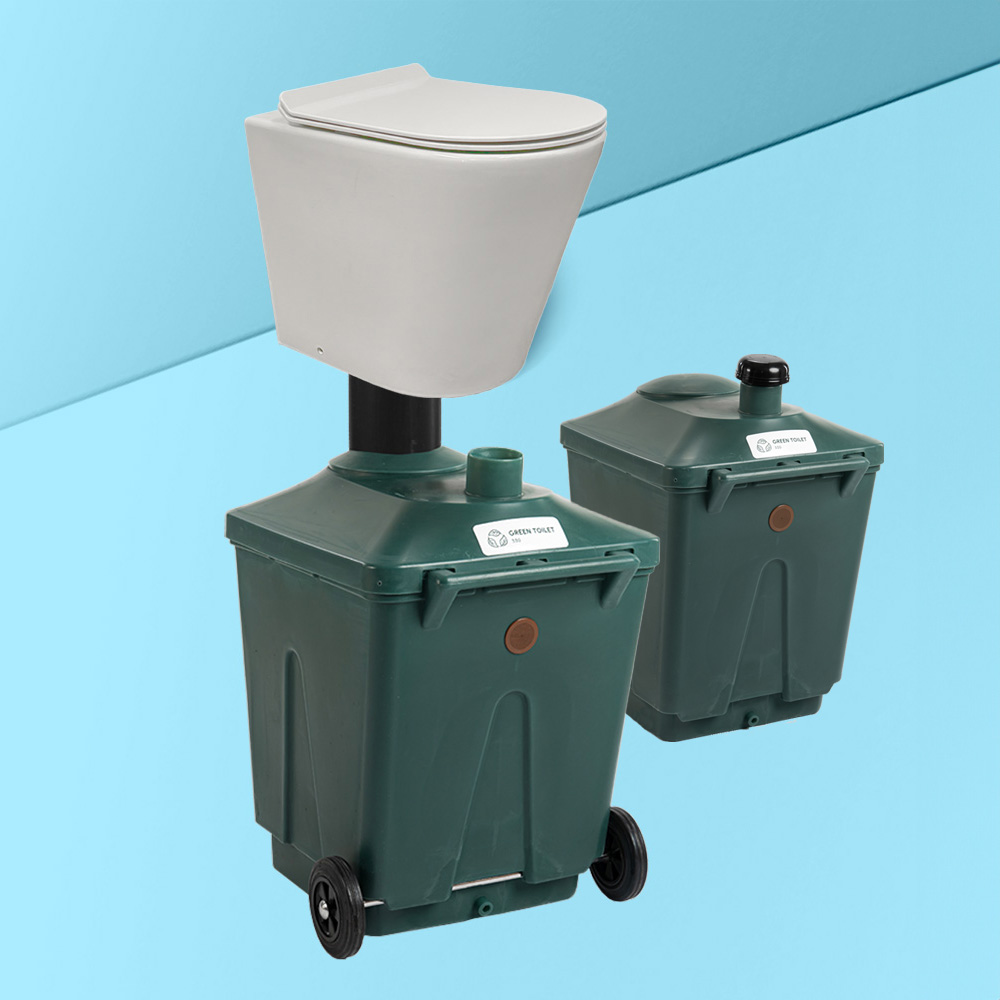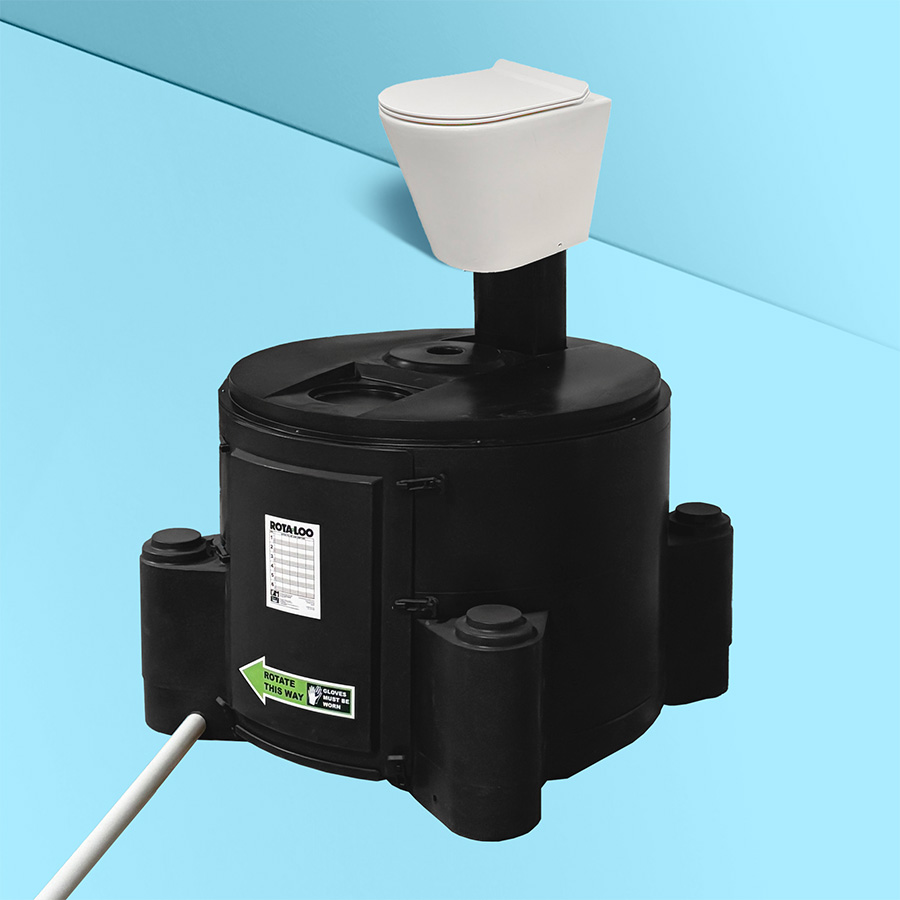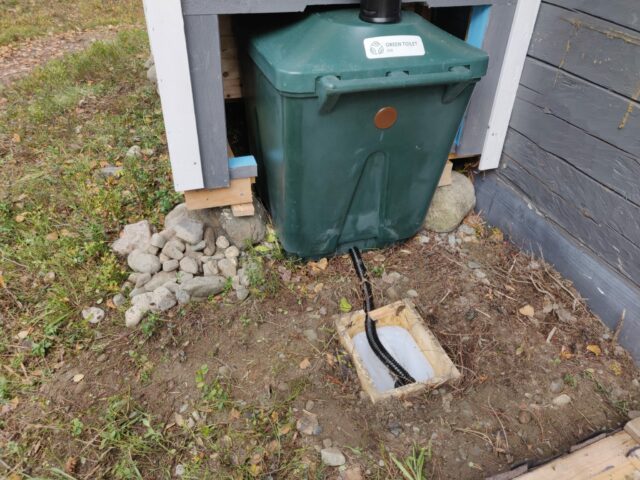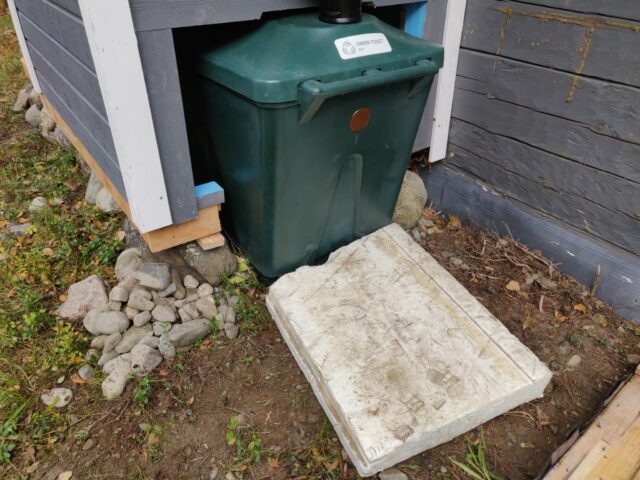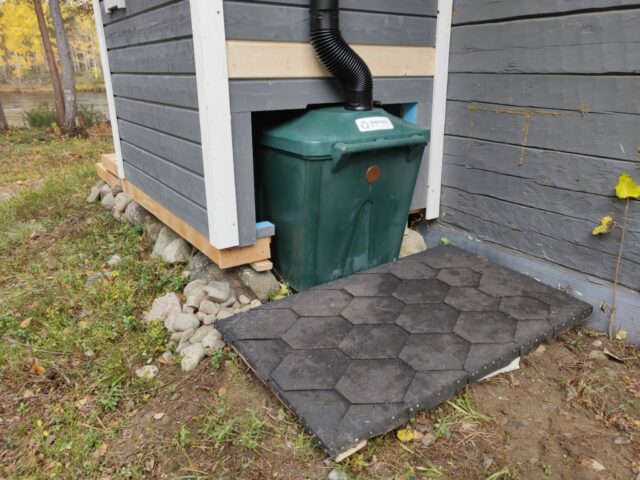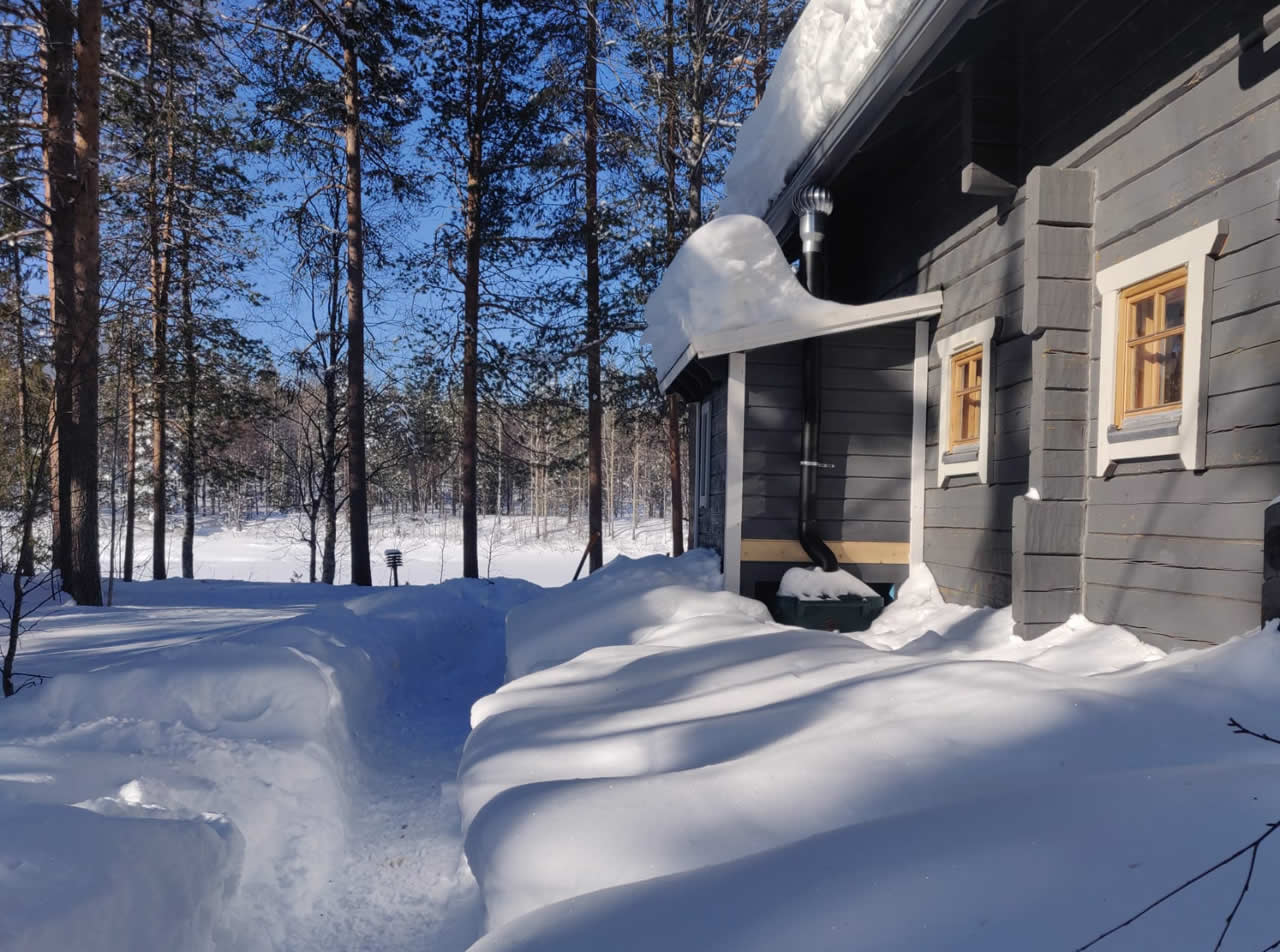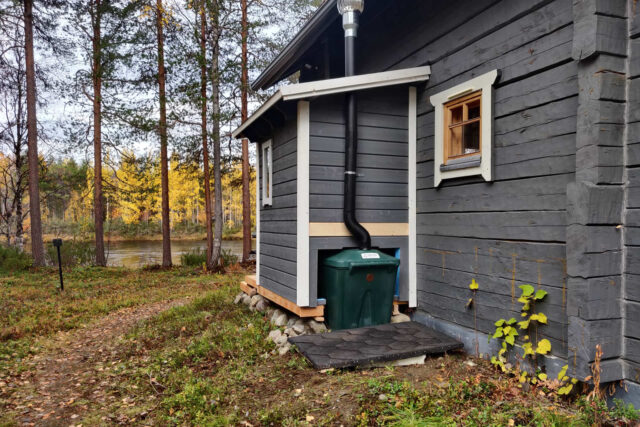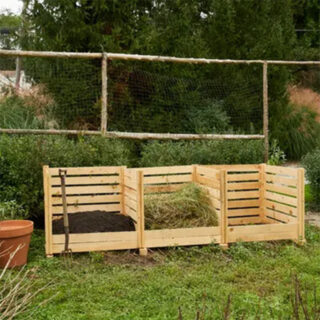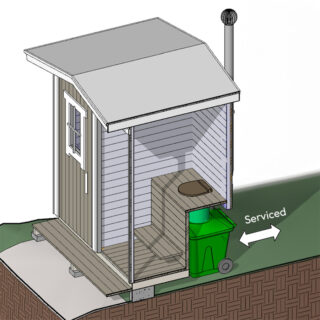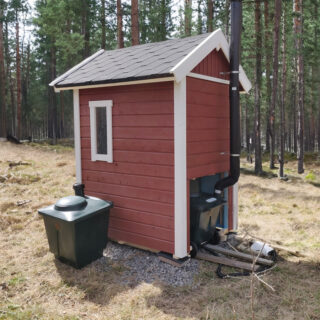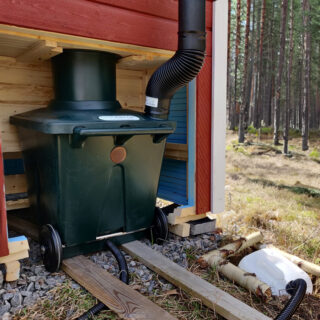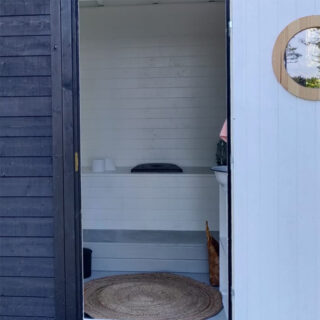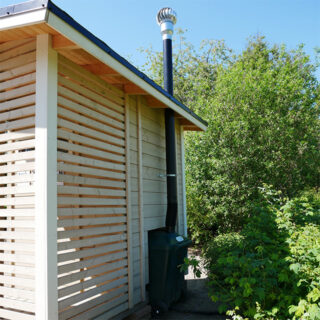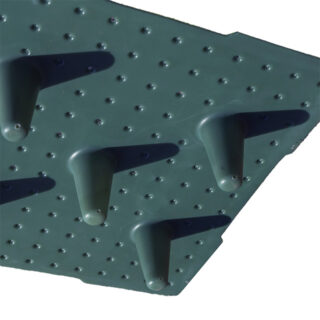Do all composting toilets need to be emptied?
What goes in must eventually come out—one way or another. That’s why all composting toilets require maintenance and emptying. How often this is needed depends on several factors, including the type of composting toilet, the number of users, and the frequency of use.
The good news? In most cases, maintenance is simple and can be done by the user. Typically, it only takes a few minutes a couple of times a year to keep a composting toilet in working order. Large-capacity composting toilets can go 6 to 12 months before needing to be emptied, whereas smaller, self-contained units might require emptying every 1 to 3 months.
How often does composting toilet need to be emptied?
The service interval—how often a composting toilet needs to be emptied—depends on several key factors:
- Type of composting toilet
- Number of users
- Frequency of use
- Climate conditions
1. Type of Composting Toilet
Every composting toilet has a bin, container, or tank where solid waste is collected and decomposes over time. The capacity of this bin varies depending on the model.
- Large-capacity composting toilets typically feature sizable composting units that can be used for up to a year before requiring emptying or maintenance. Examples of such systems include the CF 8 and Rota-Loo composting toilets.
- Self-contained composting toilets have smaller compost bins that may need emptying as often as once a month, depending on usage.
2. Number of Users
The number of people using a composting toilet plays a major role in determining how often it needs to be emptied. A toilet in a seasonal vacation cabin with occasional use will require far less maintenance than one used full-time in a public setting. Despite these differences, composting toilets are a valuable solution for both scenarios.
3. Frequency of Use
Composting toilets can be used year-round or seasonally. Naturally, the more often a toilet is used, the sooner it will reach capacity and need emptying.
4. Climate Conditions
One factor many people overlook is climate. This is especially relevant for split-system composting toilets, where the composting unit is located in an unheated space beneath the restroom.
- Cold Climates: In colder regions, the composting process slows down, meaning waste decomposes more slowly in winter. As a result, the solid waste container may fill up faster compared to warmer climates.
- Warm Climates: In warmer environments, decomposition happens more quickly, potentially extending the time between emptying cycles.
